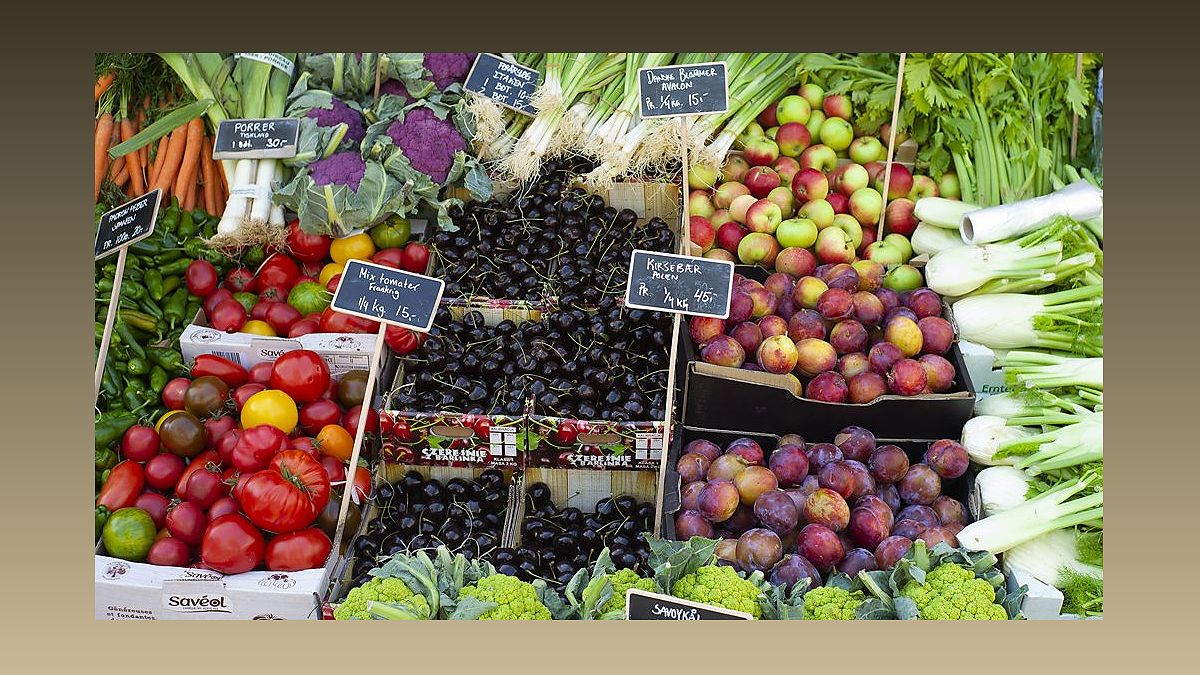Welcome to the world of Denmark's plant-based food revolution! In this article, we will explore Denmark's groundbreaking strategy to encourage plant-based diets and reduce meat consumption. Through collaboration, incentives, and a focus on building new demand, Denmark is paving the way for a more sustainable future. Join me as we delve into the details of this exciting initiative and discover how it is reshaping the food culture in Denmark.
Denmark's Meat Consumption Challenge
Understanding the current meat consumption habits in Denmark and the need for change.
Denmark has a meat consumption challenge that needs to be addressed. Despite the negative environmental impact of animal-based foods, the majority of Danes are not interested in reducing their meat intake. This poses a significant obstacle to creating a more sustainable food system.
Why are Danes reluctant to cut back on meat? It could be rooted in cultural history and the perception of vegetable dishes as dull and unexciting. To tackle this challenge, Denmark has developed an innovative strategy to build new demand for plant-based foods.
The Danish Government's Plant-Based Food Roadmap
Exploring Denmark's comprehensive roadmap to normalize plant-rich diets and incentivize the production of plant-based foods.
The Danish government has published a national roadmap for plant-based food, covering the entire food chain. This roadmap aims to normalize plant-rich diets and incentivize the production of more vegetables and alternative proteins.
Collaboration between various stakeholders, including environmental NGOs, business leaders, and farmers, is a key aspect of this strategy. Unusual alliances have been formed, such as between green NGOs and the Danish Plant-Based Business Association, to drive change.
The plan also includes a Plant-Based Food Grant of 1.25bn kroner (£155m/$195m) to support the growth of plant-based production. This grant funds initiatives like retraining professional kitchens, creating a knowledge bank for chefs, and supporting vegetarian education in hospitality schools.
Promoting Plant-Based Diets and Food Culture
Discover how Denmark is promoting plant-based diets through food festivals, cooking training, and educational initiatives.
Denmark is taking a multi-faceted approach to promote plant-based diets and create a more interesting food culture. Trine Krebs, a Danish farmer and advocate of plant-rich diets, has been actively involved in promoting plant-based foods through various means.
Food festivals, cooking training, and even appearances on Danish dating shows are some of the ways Trine Krebs is spreading the message. Additionally, the Danish government is collaborating with the UK to build up the British market for Danish plant-based exports.
Projects like National Vegetable Week and educational initiatives at festivals are aimed at encouraging individuals and supporting retailers. By stimulating demand and offering alternatives, Denmark hopes to create a shift in food culture and contribute to climate solutions.
Collaboration and Job Creation in the Agricultural Sector
Highlighting the importance of collaboration and job creation in driving the shift towards plant-based food production.
Denmark's strategy involves collaboration between various stakeholders, including environmental NGOs, business leaders, and farmers. Unusual alliances have been formed to drive change and create a more sustainable food system.
The Danish government's Plant-Based Food Grant of 1.25bn kroner (£155m/$195m) supports the growth of plant-based production and job creation. By viewing the shift as an opportunity rather than a threat, the agricultural sector can embrace change and contribute to a more sustainable future.

